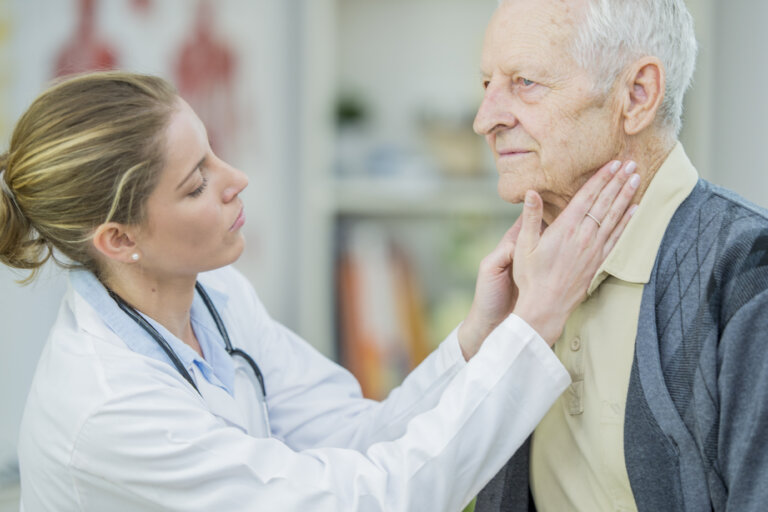Non-Hodgkin’s Lymphoma, or NHL for short, is a type of cancer that affects the lymphatic system– a crucial part of our body’s immune defense. Recently, there’s been growing concern about whether RoundUp, a common weed killer used in gardens and farms, might increase the risk of developing this kind of cancer.
Our team of Roundup injury lawyers is here to shed light on this issue. We’ll look at who might be more vulnerable to this risk and share tips on protecting yourself and your loved ones.
Understanding Non-Hodgkin’s Lymphoma
Think of Non-Hodgkin’s Lymphoma, or NHL, not as a single illness but more like a family of blood cancers. This family of blood cancers messes with the lymphatic system – that unsung hero in our body’s immune defense. In NHL, white blood cells or lymphocytes grow abnormally and can form tumors throughout a person’s body.
These cancers are a tricky bunch because they’re all different in how serious they are and how doctors treat them. Because of the differences, it can be challenging to know what the future holds for specific patients.
Types of Non-Hodgkin’s Lymphoma
Common types of Non-Hodgkin’s lymphoma include:
B-cell Lymphomas are the most common type of NHL originating from B lymphocytes. Key subtypes include:
- Diffuse Large B-Cell Lymphoma (DLBCL): The most common type of NHL, aggressive but potentially curable.
- Follicular Lymphoma: Typically slow-growing and occurs mainly in older adults.
- Chronic Lymphocytic Leukemia/Small Lymphocytic Lymphoma (CLL/SLL): These two are closely related and often considered together. They are generally slow-growing.
T-cell Lymphomas are less common than B-cell lymphomas and originate from T lymphocytes. Subtypes include:
- Peripheral T-Cell Lymphoma (PTCL): A diverse group that is generally aggressive.
- Cutaneous T-Cell Lymphoma: Primarily affects the skin and includes subtypes like mycosis fungoides.
Risk Factors for Non-Hodgkin’s Lymphoma
Several risk factors could increase a person’s chance of developing Non-Hodgkin’s lymphoma, including but not limited to:
- Age: Most NHL types are more common in older adults, typically those in their 60s or older.
- Gender: Generally, NHL is more common in men than in women.
- Race and Ethnicity: Incidence rates vary by race and ethnicity, with higher rates observed in White populations and developed countries.
- Family History: Having a family member with NHL may increase an individual’s risk, though familial NHL is relatively rare.
- Environmental and Occupational Exposure: Exposure to certain chemicals, like those found in herbicides and insecticides, can increase the risk of developing NHL.
Understanding these lymphoma types and risk factors is essential for early detection and effective treatment. It also helps identify individuals who might be at an increased risk due to their occupational or environmental exposure, such as those frequently in contact with herbicides like RoundUp.
Preventative Measures and Recommendations
Minimizing exposure to glyphosate (the main ingredient in RoundUp) is crucial for those at risk of developing Non-Hodgkin’s Lymphoma. Preventative measures include using personal protective equipment (PPE) and exploring alternative weed control methods. Public awareness and adherence to safety guidelines are vital.
What to Do if You’ve Been Injured by Roundup Exposure
The link between RoundUp exposure and NHL poses significant public health and legal challenges. For individuals affected, understanding their legal rights and options is crucial. If you or someone you know has been exposed to RoundUp and is experiencing health issues, particularly related to NHL, seeking legal advice is essential.At Wool Trial Law, we specialize in product liability cases and are dedicated to assisting those impacted by potentially harmful products like RoundUp. Our experienced team is here to help you navigate your legal options and fight for the justice and compensation you deserve. Contact us for a consultation and take the first step in protecting your rights and health.

